Adaptive damage model identification in sequential data assimilation with distributed optic fiber sensing
Please login to view abstract download link
In this work, we deal with sequential data assimilation techniques to perform real-time health monitoring on mechanical structures. By continuously integrating sensor data into a numerical model, the objective is to construct a digital twin of the structure, enabling damage detection, prediction, and control. For this purpose, we implement a modified dual Kalman Filter (MDKF) algorithm as originally developed in [1,2]. The MDKF enhances the observation metric of classical Kalman filtering by employing the Constitutive Relation Error concept which has a strong physical meaning and turns out to be very robust with respect to measurement noise and model bias. In addition, the approach is computationally enhanced by the use of model reduction techniques and specific nonlinear solvers. A main novelty of the work is the framework used to question the relevance and adaptively choose the features of the employed computational model, in terms of discretization of the parameter space with respect to the richness of available experimental information. Taking advantage of the Constitutive Relation Error term that acts as a modelling error indicator [3,4], an automatic adaptive algorithm is developed to incrementally select a suitable mesh on which the damage field should be represented. The mesh adjustment, with local refinement, is then conducted in a flexible and effective manner by resorting to the Cartesian grid Finite Element Method (CgFEM) [5]. The performance of the strategy is analysed and validated on a practical engineering application with a concrete beam subjected to a bending loading, and equipped with embedded high-resolution distributed optic fiber sensors. This project has received funding from the European Research Council (ERC) under the European’s Horizon 2020 research and innovation program (grant agreement No. 101002857).

